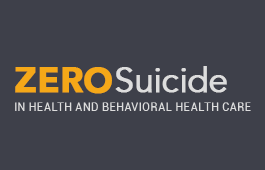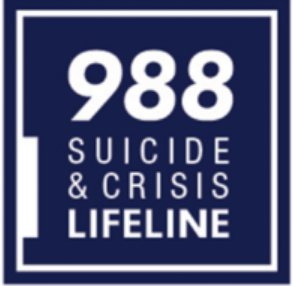The Indian Health Service (IRS) announced on Thursday the award of $425,000 each to the Research Triangle Institute and the Northwest Portland Indian Health Board to support the Zero Suicide Initiative Coordinating Center.

The award cycle began on July 1, 2023 and will continue for five years.
“Because suicide affects everyone, from those who have lost a loved one to suicide, to those at risk for suicide, suicide prevention is everyone’s responsibility,” IHS Director Roselyn Tso said in a press release. “It is important for our people to talk to their health care providers to learn more about suicide prevention and available treatment for mental disorders.”
Native Americans experienced the highest increase of suicide deaths in the nation from 2020-2021, according to a report published earlier this year by the Centers for Disease Control and Prevention.
According to the new report, after a two-year decline, suicide deaths in the United States increased overall by 4.79% between 2020-2021. Between 2018 and 2021, increases in age-adjusted suicide rates were highest among Native Americans at 26 percent, followed Black Americans (19.2%) and Hispanics (6.8%). The report considered age, race and ethnicity-related trends between 2018 and 2021. 
The seven elements of the Zero Suicide model represent evidence-based care for individuals with suicidal thoughts and behaviors, and include Lead, Train, Identify, Engage, Treat, Transition, and Improve. This work aligns with the U.S. Department of Health and Human Services priority of behavioral health integration to provide integrated, equitable, evidence-based, culturally appropriate, and person-centered behavioral health care.
The purpose of the Zero Suicide Initiative Coordinating Center cooperative agreement is to build capacity among the 15 health care facilities currently funded to implement the Zero Suicide model within their local health system of care.
This cooperative agreement will work with the Division of Behavioral Health to provide technical assistance in the areas of data collection, reporting, training, resources, and implementation of the Zero Suicide approach in Indian Country.
More Stories Like This
New Mexico Will Investigate Forced Sterilization of Native American WomenUSDA Expands Aid for Lost Farming Revenue Due to 2025 Policies
Two Feathers Native American Family Services Wins 2026 Irvine Leadership Award
Bill Would Give Federal Marshals Authority to Help Tribes Find Missing Children
Indian Health Service to Phase Out Mercury-Containing Dental Amalgam by 2027


